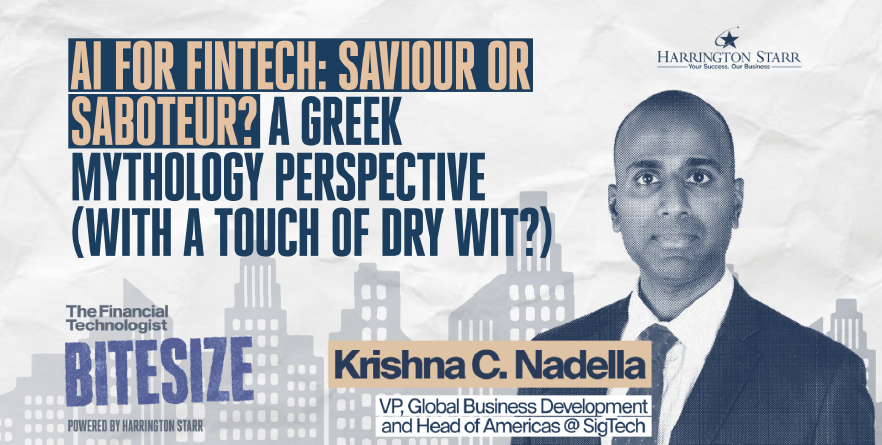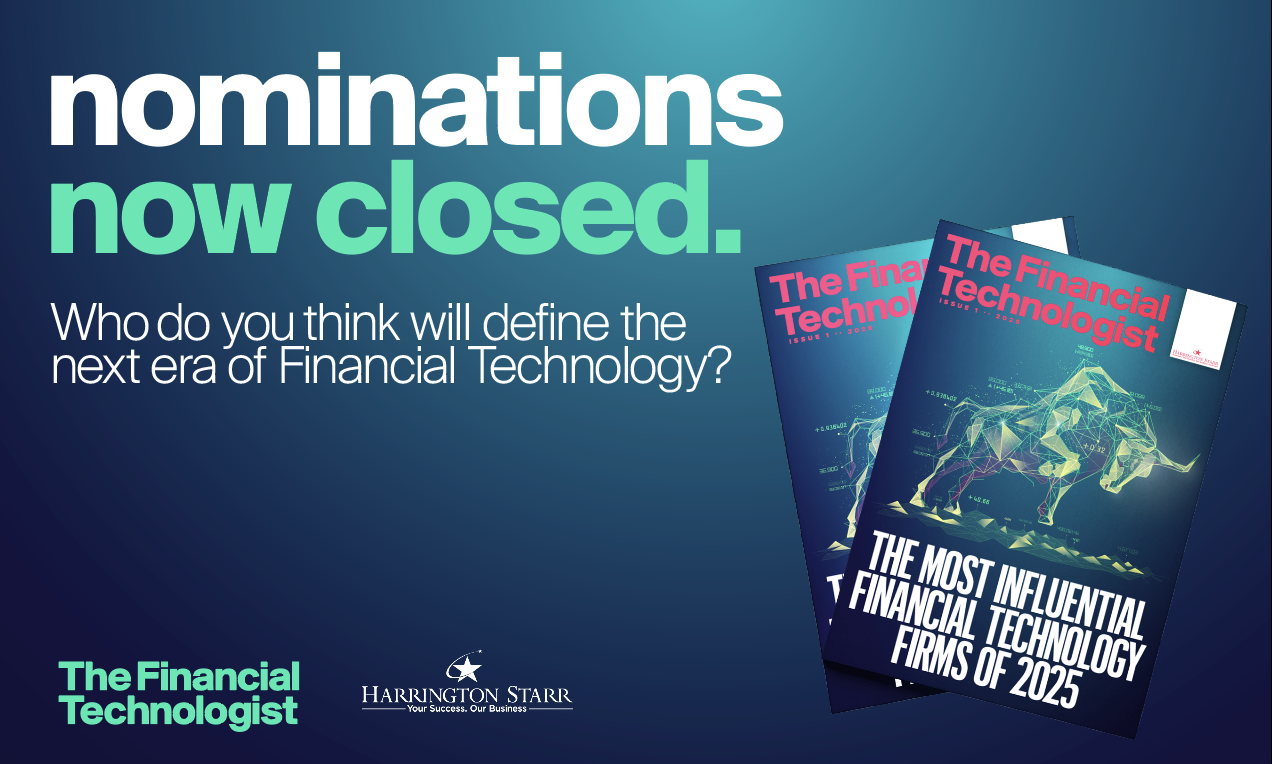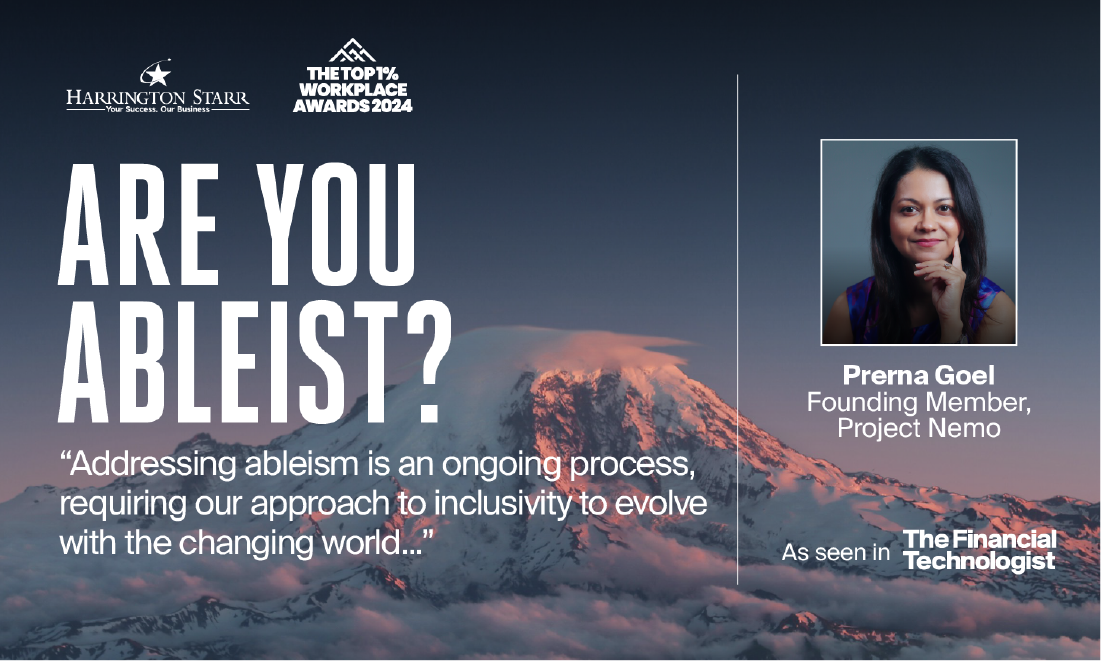The intersection of artificial intelligence (AI) and financial technology (FinTech) is one of the most exciting and rapidly evolving areas in the tech world today. As AI continues to penetrate various industries, its impact on FinTech has been particularly profound. But, much like the tales of ancient Greece, where gods and heroes shaped the fate of mortals, AI's role in FinTech can be seen through the dual lens of a saviour or a saboteur. This blog post explores this dynamic, drawing parallels to Greek mythology—and, just for fun, a touch of dry wit—to better understand whether AI is a Prometheus bringing fire to mankind or a Pandora unleashing unforeseen troubles.
The Savior: Transforming FinTech for the Better
In Greek mythology, Prometheus is celebrated as a saviour who brought fire to humanity, a symbol of knowledge and enlightenment. Similarly, AI is seen as a transformative force in FinTech, offering numerous benefits that can revolutionise the financial sector.
1. Fraud Detection and Prevention
AI is like Athena, the goddess of wisdom and war strategy—minus the dramatic helmet, of course—in its ability to outsmart fraudsters. Machine learning algorithms analyse vast amounts of data to identify patterns and anomalies that could indicate fraudulent activity. This real-time analysis allows financial institutions to respond swiftly, protecting both the company and its customers from potential losses. Imagine Athena with a laptop instead of a spear, fighting off digital bandits.
2. Personalised Financial Services
Just as Hermes, the messenger god, delivered personalised messages to mortals and gods alike (and always with impeccable timing), AI enables highly personalised financial services. By analysing user behaviour, transaction history, and other data points, AI can provide customised recommendations for investments, savings, and spending. This personalised approach enhances user experience and helps individuals make more informed financial decisions. Think of it as Hermes with a financial advisor’s briefcase, minus the winged sandals.
3. Improved Customer Service
AI-driven chatbots and virtual assistants are akin to the many hands of Hephaestus, the god of craftsmanship, tirelessly working to provide support and assist with complex transactions. These tools offer instant support, answer queries, and reduce operational costs, resulting in a more efficient and user-friendly customer service experience. If Hephaestus were here today, he’d probably have an army of chatbots instead of mechanical tripods.
4. Risk Management
In the manner of Apollo, the god of prophecy (sans the laurel wreath), AI helps financial institutions foresee and manage risk. By analysing market trends, economic indicators, and historical data, AI can predict potential risks and provide insights that aid in decision-making. This proactive approach to risk management can prevent financial crises and ensure more stable market conditions. Imagine Apollo trading his lyre for a data dashboard.
The Saboteur: Risks and Challenges
However, just as Pandora opened the box and unleashed evils into the world (seriously, who gives a curious mortal a box of doom and no instructions?), AI in FinTech also poses significant risks and challenges that could undermine its positive impact.
1. Data Privacy Concerns
The use of AI involves the collection and analysis of massive amounts of personal data, echoing the myth of Narcissus, who fell in love with his own reflection and became ensnared by it. Ensuring the security of this data and maintaining customer trust is paramount, but breaches and misuse of data remain a constant threat. Picture Narcissus, but instead of a pond, he's staring into a data breach.
2. Bias in AI Algorithms
AI systems, much like the Oracle of Delphi, can sometimes deliver predictions clouded by the biases inherent in their data. If this data contains biases, the algorithms can perpetuate and even amplify these biases, leading to unfair and discriminatory practices in financial services. This could result in biased credit scoring, loan approvals, and other financial decisions. Think of the Oracle spouting biased financial advice—minus the cryptic messages.
3. Job Displacement
The automation of tasks through AI can resemble the tale of Daedalus and Icarus, where innovation led to unintended consequences. While AI can perform many functions more efficiently than humans, it also means that certain jobs may become obsolete, leading to unemployment and economic disruption. Imagine Daedalus inventing automation, and Icarus flying too close to the unemployment line.
4. Over-reliance on Technology
An over-reliance on AI can be dangerous if it leads to complacency, much like the tragic hubris often seen in Greek myths. Financial institutions might become too dependent on automated systems, neglecting the need for human oversight and critical thinking. This could result in systemic failures if the AI systems encounter unforeseen issues or make erroneous decisions. It’s the classic tale of hubris—swap the gods for CEOs and the Greek chorus for a PR team.
Conclusion: A Balanced Perspective
AI in FinTech is neither a pure saviour nor a complete saboteur. It brings a mix of opportunities and challenges that need to be carefully managed. The key to harnessing AI's potential lies in striking a balance between innovation and regulation. Financial institutions must adopt AI-driven solutions responsibly, ensuring robust data privacy measures, addressing algorithmic biases, and preparing for workforce transitions.
By taking a thoughtful and proactive approach, the financial sector can leverage AI to enhance services, improve efficiency, and foster innovation while mitigating the associated risks. As we move forward, the dialogue around AI in FinTech should focus on creating a future where technology serves humanity, ensuring that AI acts as a true Prometheus, enlightening and empowering, rather than a Pandora, unleashing unforeseen troubles.
And speaking of balance and foresight, it’s worth mentioning that this blog was crafted by both myself and OpenAI's ChatGPT. While I can claim credit for the dry wit and Greek mythology references (no laurel wreath needed, thank you very much), it’s AI that provided the structure, insights, and some pretty clever analogies if I do say so myself!
So, is AI the saviour or the saboteur of FinTech? Perhaps it’s a bit of both. Just like this post, it combines the strengths and weaknesses of both human ingenuity and artificial intelligence. Together, they can either guide us to a brighter financial future or leave us scratching our heads, wondering why we gave the metaphorical box to Pandora in the first place.
By Krishna C. Nadella, VP, Global Business Development and Head of Americas at SigTech







